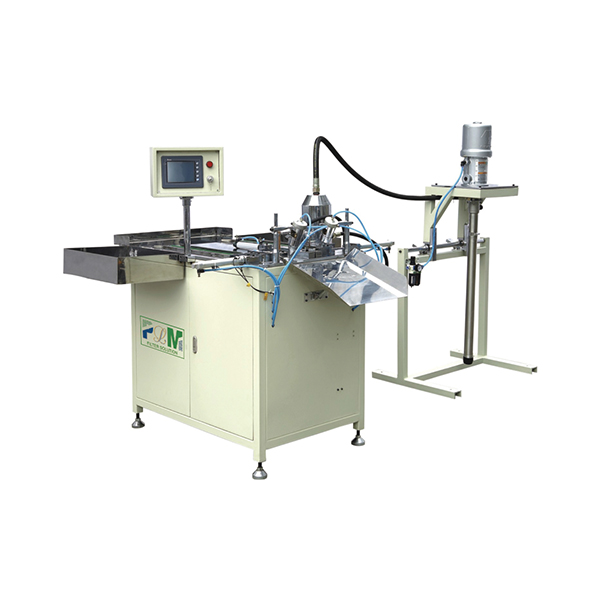Aug . 13, 2024 22:36 Back to list
Exploring the Benefits and Applications of Glass Fiber Filters in Various Industries Today
The Importance of Glass Fiber Filters in Modern Filtration Solutions
In today's world, the demand for effective filtration solutions is higher than ever, driven by rising environmental concerns and the need for clean air and water. Among various filtration media, glass fiber filters have gained significant attention due to their excellent performance characteristics, versatility, and cost-effectiveness. This article will explore the features, advantages, and applications of glass fiber filters, highlighting why they are an essential component in modern filtration technologies.
What are Glass Fiber Filters?
Glass fiber filters are made from fine glass fibers that are woven or felted together to form a highly porous material. The unique structure of glass fibers allows them to capture particulate matter effectively while maintaining high airflow rates. These filters are available in various forms, including disposable and washable options, catering to different filtration requirements based on the application.
Key Advantages of Glass Fiber Filters
1. High Filtration Efficiency One of the standout features of glass fiber filters is their ability to capture a wide range of particle sizes, including dust, pollen, smoke, and bacteria. Their fibrous structure creates a labyrinth of pathways, effectively trapping particles while allowing air or liquid to pass through.
2. Durability and Stability Glass fibers are resistant to temperature and chemical degradation, making these filters suitable for demanding environments. They maintain their integrity over time, ensuring consistent performance even under varying conditions. This durability translates into longer service life and reduced replacement frequency, providing cost savings for users.
glass fiber filter quotes

3. Cost-Effectiveness Compared to other filtration materials, glass fiber filters are often more economical. Their ability to maintain high efficiency over time means that fewer replacements are needed, making them an attractive choice for both industrial and residential applications.
4. Versatility Glass fiber filters can be used in a wide array of applications, from air and water filtration systems to process filtration in various industries. They are particularly useful in HVAC systems, industrial air pollution control, and laboratory settings, where the requirement for clean air and liquids is critical.
Applications of Glass Fiber Filters
The applications of glass fiber filters are vast and varied. In the industrial sector, they are frequently used in manufacturing processes to capture airborne pollutants and maintain a clean working environment. In HVAC systems, these filters help improve indoor air quality by trapping dust and allergens, benefiting both health and comfort.
In water treatment facilities, glass fiber filters play a crucial role in purifying water by removing sediments and other contaminants. They are also used in analytical laboratories for filtering samples, ensuring accurate results in research and testing.
Conclusion
Glass fiber filters are an indispensable part of modern filtration solutions, offering a unique combination of high efficiency, durability, and cost-effectiveness. As industries and consumers continue to prioritize clean air and water, the role of these filters will only increase. Their versatility in applications and superior performance makes them a go-to choice for anyone seeking reliable filtration solutions. Investing in glass fiber filtration technology not only supports environmental sustainability but also promotes public health and safety, making it a wise choice for the future.
-
Premium Acrylic-Resin Air Filter Paper in Roll | High Efficiency
NewsAug.19,2025
-
PLAB-6 A B Two Compounds Filter End Cap Gluing Machine-Hebei Filter Man|Precision Gluing,Automated Production
NewsAug.18,2025
-
PLAB-6 A B Two Compounds Filter End Cap Gluing Machine - Hebei Filter Man Automotive Parts Trading Co., Ltd | Adjustable Gluing Parameters, Automated Precision
NewsAug.18,2025
-
PLAB-6 A/B Two Compounds Filter End Cap Gluing Machine-Hebei Filter Man|Precision Engineering&Efficiency
NewsAug.18,2025
-
Active Carbon Air Filter for Purifier: Superior Air Quality & Odor Removal
NewsAug.18,2025
-
PLAB-6 Gluing Machine-Hebei Filter Man|Precision Gluing,Automated Filtering
NewsAug.17,2025
